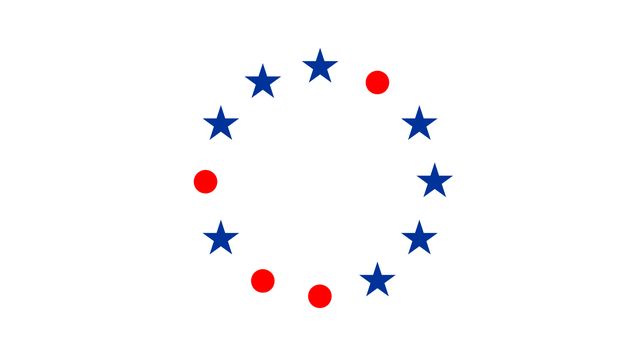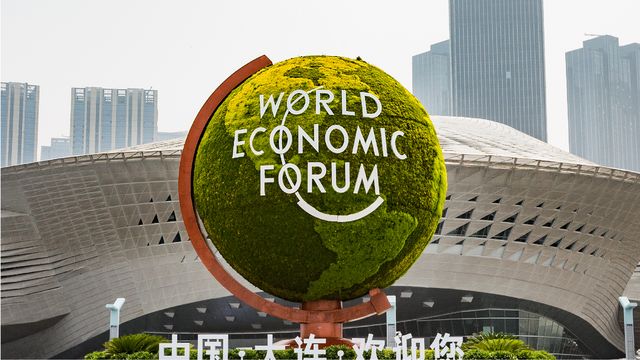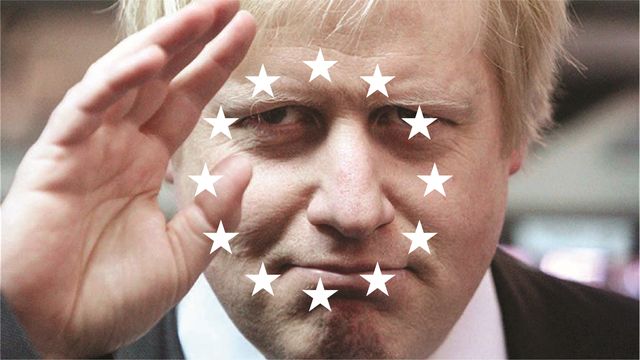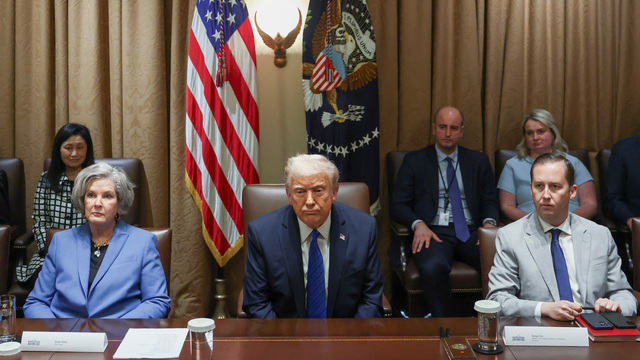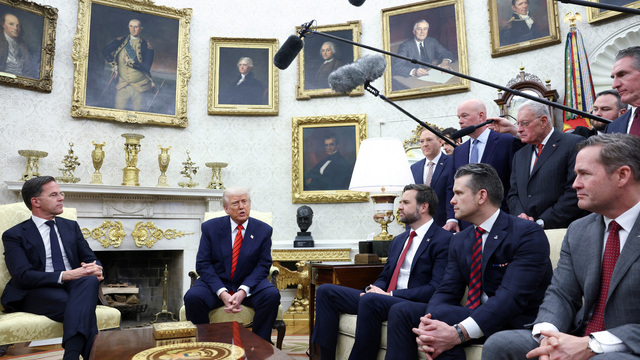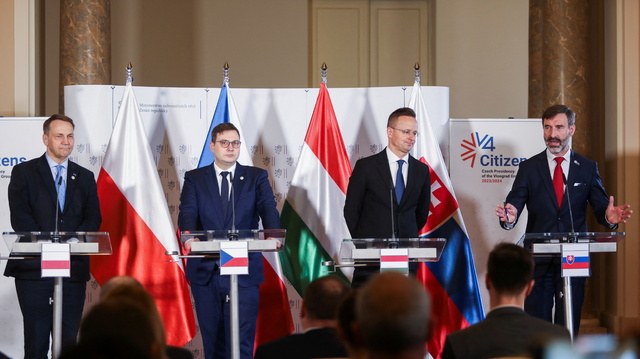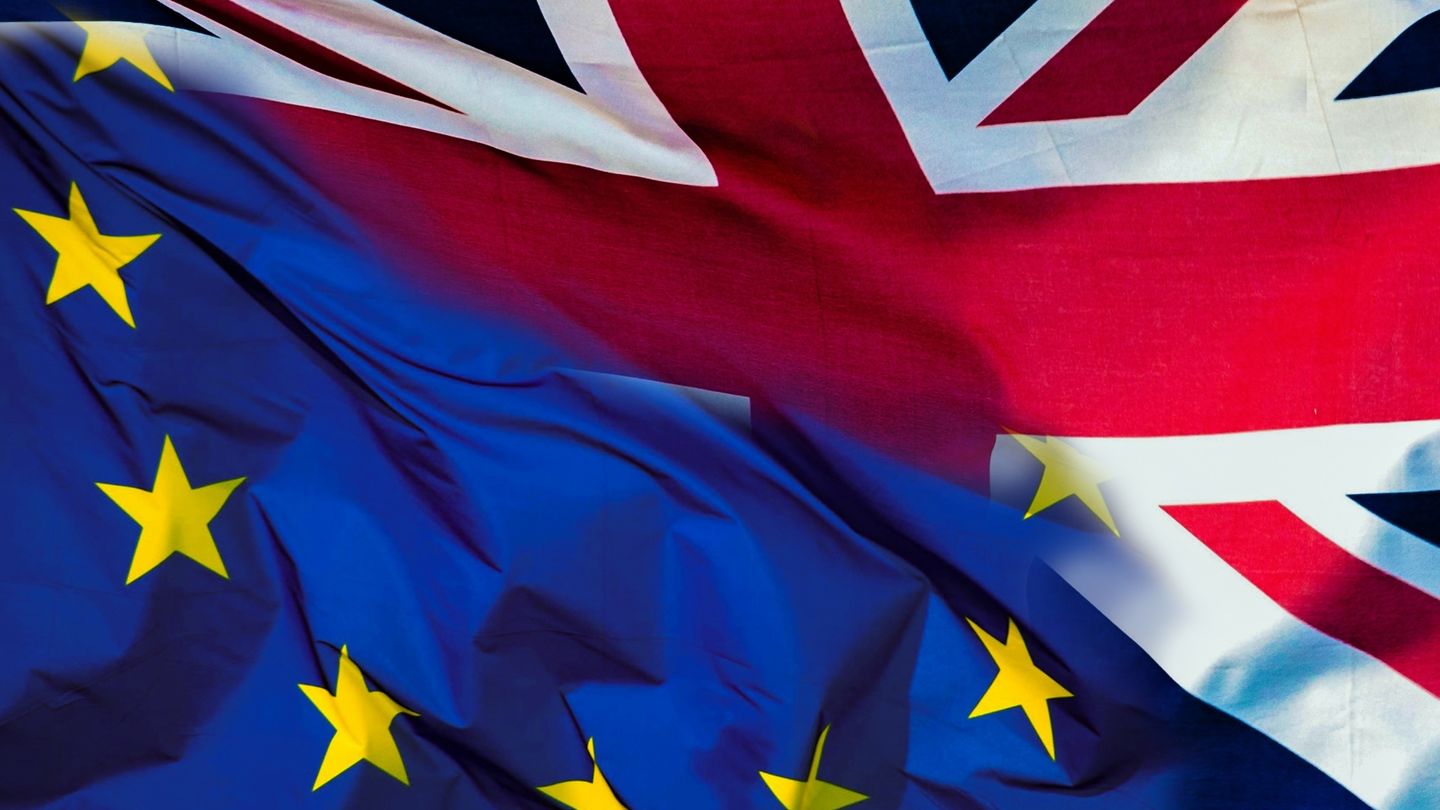
Brexit, Post-Brexit Europe and the V4: Potential Impacts, Interests, and Perceptions
Institute of International Relations would like to cordially invite you to the presentation of the report: Brexit, Post-Brexit Europe and the V4: Potential Impacts, Interests, and Perceptions with further discussion. The event will take place on March 13, 2018 at 4 pm in the IIR building, Nerudova 3, Praha 1 - Malá Strana.
13. 3. 2018 (16:00)
Jazyk: English Institute of International Relations, Nerudova 3, Praha 1
The UK has been a strong ally on many policy fronts for the V4 since their accession and Brexit is therefore a great blow to these countries. The purpose of the report presented at the workshop is to map the interests of the Visegrad 4 countries (V4; the Czech Republic, Hungary, Poland and Slovakia) towards Brexit and post-Brexit Europe. The V4 countries need to analyse and judge which policy areas are of vital importance to them in terms involving the UK, and can initiate efforts to develop EU-level frameworks for cooperation after Brexit. The report identifies a number of similarities between the V4's interests, especially regarding the EU-UK deal: they all interested in developing a relationship with the UK which is as close to the current one as possible.
The UK is a significant trading partner for all V4 (with the possible exception of Slovakia), and ensuring continued access to the British market for goods and services is a strong V4 interest. The V4 would like to see Britain remain a part of the single market, and if that is not possible, they would prefer a deep free trade deal which also covers services. Mechanisms which ensure that there is no long term divergence between the single market and the UK would also be welcomed by the V4.The V4 have so far subscribed to the EU’s joint negotiating position and have not made attempts to undermine it, but the second phase can test this unity. However, unity has paid off in the first phase, and thus it is most likely in the best interest of the V4, and the EU as a whole, to remain united during the second phase as well.
V4 interests seem to diverge when it comes to the specifics of post-Brexit Europe. The V4 are divided on how to approach EU-level changes post-Brexit, and it is unclear whether these differences can be reconciled. Slovakia has adopted the euro, and has expressed a desire to belong to the core of the EU, while the Czech population is highly Eurosceptic, as are the current Polish and Hungarian governments. With the V4 not fully united, building coalitions will be difficult, and without the UK, it is unclear who exactly the natural allies of the V4 will be. Implementing V4 interests in post-Brexit EU will require more skilled diplomacy.
We are looking forward to meeting you.
Brexit, Post-Brexit Europe and the V4
Spolupráce / Záštita
International Visegrad Fund
